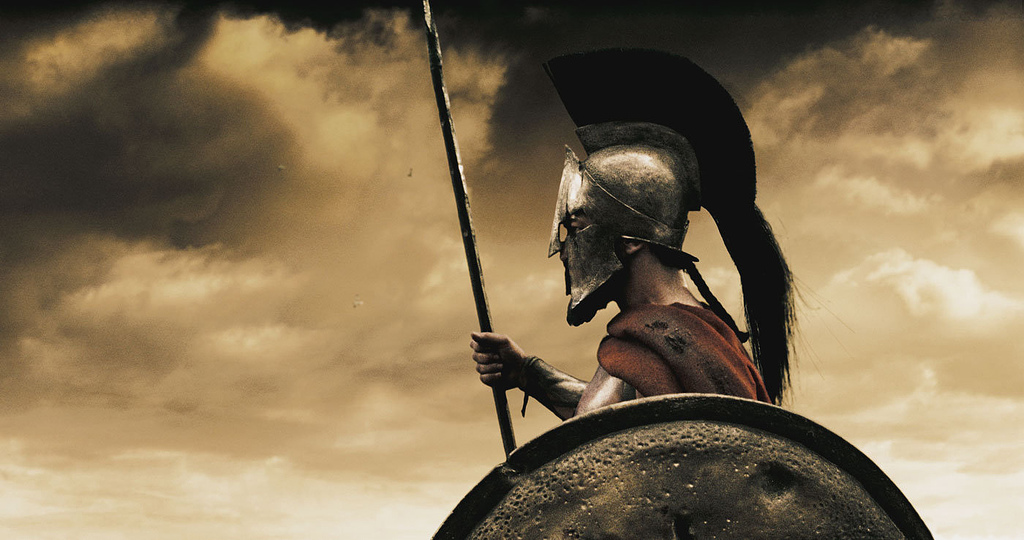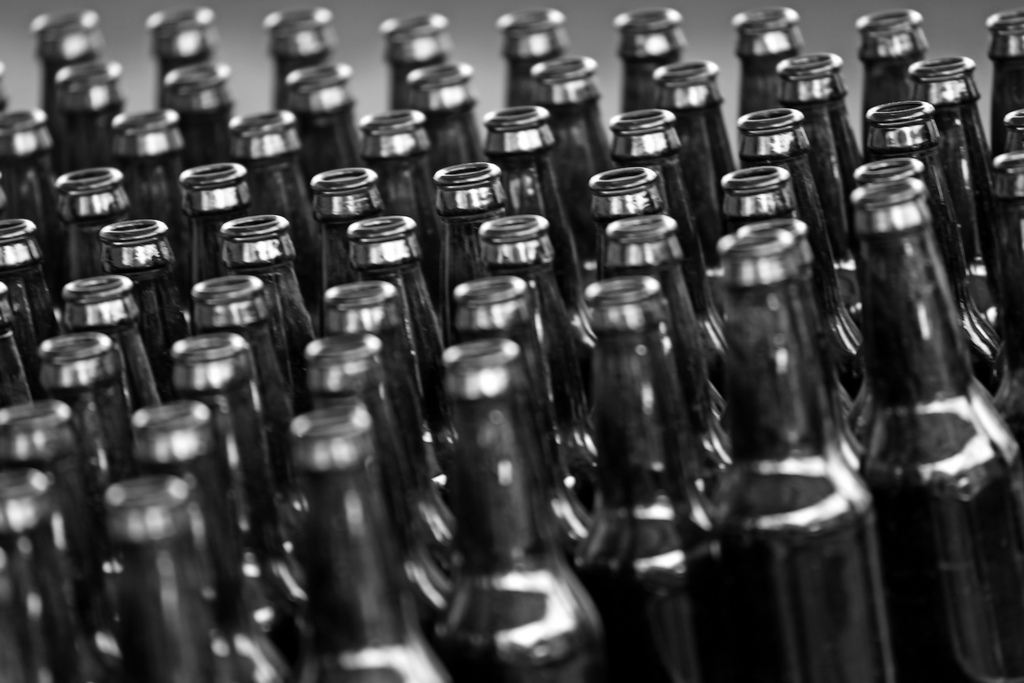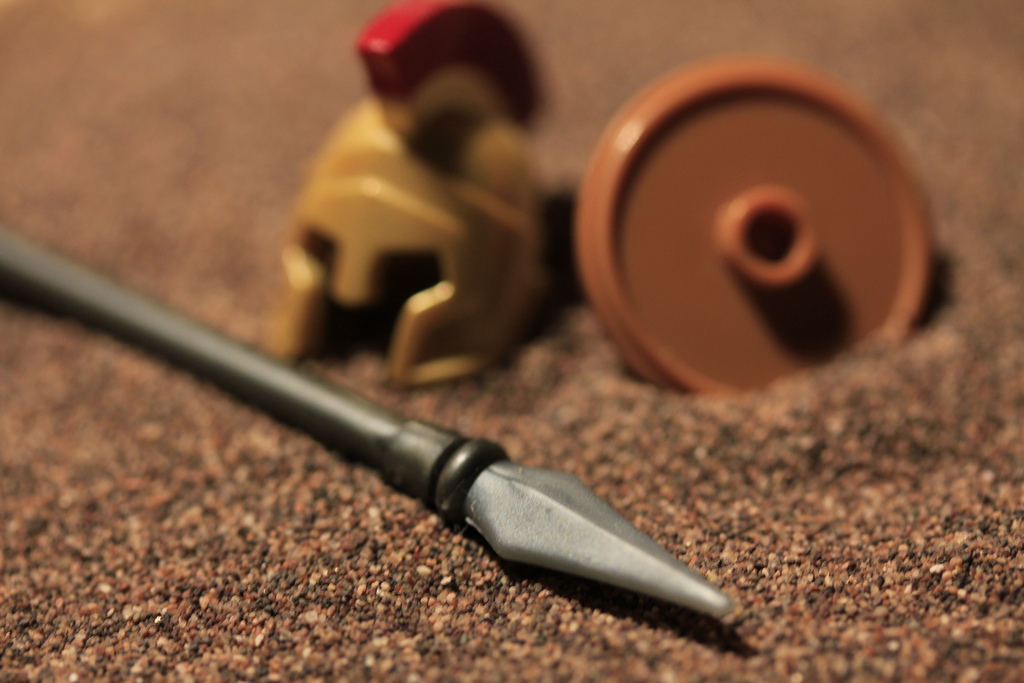Some eat to survive, others eat for a comfortable escape from a stressful day. Some move around to build muscle, others move around to dance gracefully. Some play chess for fun, others play chess seriously (and burn boatloads of calories in the process). These differences are cultural, not genetic. More often than not, the state [...]

Some eat to survive, others eat for a comfortable escape from a stressful day. Some move around to build muscle, others move around to dance gracefully. Some play chess for fun, others play chess seriously (and burn boatloads of calories in the process).
These differences are cultural, not genetic. More often than not, the state of your body is in the same boat — it’s epigenetic: how your genetics expressed themselves based upon the environment they’ve been in.
In last essay, you learned the one thing that creates skinny-fat syndrome: culture (which includes environment). But what exactly does that mean? How can it be fixed?
To answer these questions, we turn to Sparta.
Your culture = yours alone
From top to bottom, you’re a being of culture. Rare be the day that you purposely ostracize yourself. Humans are social animals. You do lots of things to fit in with the flow around you.
The flow around you.
Culture isn’t universal. What’s weird in one culture might be totally normal in another. Regardless, your culture silently shapes your likes and dislikes and your expectations and ambitions.
Beer? Wine? Coffee?
Know of many people that enjoy these things the first go around? I know I didn’t. But now, it’s tough to turn down a solid stout, dry red, or dark roast. How does something like this happen?
Culture.
Suck it up

“Dude, no one likes beer at first. You just gotta’ keep drinking it. You’ll turn around.”
No one is expected to like beer on first taste, but most everyone is expected to like beer eventually. (Or some kind of alcohol, in general.) That’s just the way culture functions. (It can also function the opposite way: being expected to never enjoy alcohol. Either way, the point is made.) If we weren’t expected to like beer, we might never give it a second try after the horrible first tasting. In fact, nothing would probably draw you back to it save for the fact that you didn’t die.
Imagine if your culture took that same attitude towards food or training.
“Dude, no one likes vegetables at first. Just keep eating them. No one likes training. Just keep doing it. Suck it up. You’ll turn around.”
That usually doesn’t happen though. Most of us in Western culture get ideas that food should be easy to cook (preferably microwaveable), that hunger is a bad thing, that snacks should be easily accessible, that everything should taste good—even medicine.*
No, Mom. I don’t care that this little pill might help me stop coughing for 24 consecutive hours. It’s not lemon flavored. How can anyone be expected to drink this unflavored stuff!
Undoubtedly, and despite previous talks of body fat being more than just a storage site for excess energy (which opens up a whole bag of issues to talk to your therapist about), the two biggest cultural factors when it comes to building muscle and losing fat are nutrition and training.
You can handle this a bit reductively and say that all you need to do is eat a bit less and exercise more. Everyone knows this, and everyone also knows this philosophy rarely works in the way people want it to work (longevity is also a factor). The reasons why are saved for down the road, but one is extremely relevant to this little talk: expectations.
And to this I ask: would you have survived as a Spartan?
Lessons from skinny-fat sparta

Ever since the release of 300, the idea of being a Spartan has been overdone to the gizzards. I’m not here to spam you about the latest Spartan-esque routine though. Instead, I want you to consider the culture of Sparta. Sparta was about more than combat training or being savage. It was about a way of life.
It might be the duty of everyone to read Gates of Fire, which is a book about Sparta written by Steven Pressfield. It’s useful because it shows you how Sparta created warriors. It was more than learning how to fight. It was a general philosophy of how to walk in the world.
For instance, they had an entire disciple called phobologia, which was all about combating fear. Here’s a quote from the book:
Phobologic discipline is comprised of twenty-eight exercises, each focusing upon a separate nexus of the nervous system. The five primaries are the knees and hams, lungs and heart, loins and bowels, the lower back, and the girdle of the shoulders, particularly the trapezius muscles, which yoke the shoulder to the neck.
A secondary nexus, for which the Lakedaemonians have twelve more exercises, is the face, specifically the muscles of the jaw, the neck and the four ocular constrictors around the eye sockets. These nexuses are termed by the Spartans phobosynakteres, fear accumulators.
Fear spawns in the body, phobologic science teaches, and must be combated there. For once flesh is seized, a phobokyklos, or loop of fear, may commence, feeding upon itself, mounting into a “runaway” of terror. Put the body in a state of aphobia, fearlessness, the Spartans believe, and the mind will follow.
Under the oaks, in the still half-light before dawn, Dienekes practiced alone with Alexandros. He would tap the boy with an olive bought, very lightly, on the side of the face. Involuntarily the muscles of the trapezius would contract. “Feel the fear? There. Feel it?” The older man’s voice crooned soothingly, like a trainer gentling a colt. “Now. Drop the shoulder.” He popped the boy’s cheek again. “Let the fear bleed out. Feel it?”
Man and boy worked for hours on the “owl muscles,” the ophtalmomyes surrounding the eyes. These, Dienekes instructed Alexandros, were in many ways the most powerful of all, for God in His wisdom make mortals’ keenest defensive reflex that which protects vision. “Watch my face when the muscles constrict,” Dienekes demonstrated. “What expression is this?”
“Phobos. Fear.”
Dienekes, schooled in the discipline, commanded his facial muscles to relent.
“Now. What does this expression indicate?”
“Aphobia. Fearlessness.”
Spartan culture says: we aren’t people that fear. Keep in mind, this isn’t a natural thing. Humans have inherent reflexes to protect themselves. When something is coming towards our head, we flinch. According to a talk given by Tony Blauer, the hands are the most injured part of the body in a car crash. They flinch to protect the face faster than the air bag deploys.
Fixing culture is work. Hard work.
Anti-skinny-fat culture
Ask yourself: what does Sparta look like for you? What would a culture look like in which it’d be almost impossible to be skinny-fat? Answer by saying: people like us, in this culture, do these things, not those things.
Some people like to quibble over genetics. No, you might not have the ultimate bone structure for the ideal muscular build. (In reality, most guys don’t. What you see among models and fitness competitors aren’t most guys.) But that doesn’t mean who you are is totally genetic.
Throw yourself into Sparta. Imagine you lived in that culture since the moment you were born. Would you still have popped out the way you did? If you were taught to virtue physical training, physical expression, and hardship? If you were taught to eat fresh produce and slabs of animal flesh? Would you be the same?
Probably not. And because of this, your body isn’t genetic. Your body is epigenetic.
But you are not Tom.
To this point in your life, your culture might have changed you, just like it changed me from true skinny to skinny-fat. But the power of change is in your hands. You just have to realize it. You have to create culture. You have to let the fear bleed out.
#####
By the way, did you know you can get daily notifications of these posts right in your inbox? That way, you won’t miss anything. It’s a sweet deal, methinks. Give it a whirl. After all, you only live once.
+++++